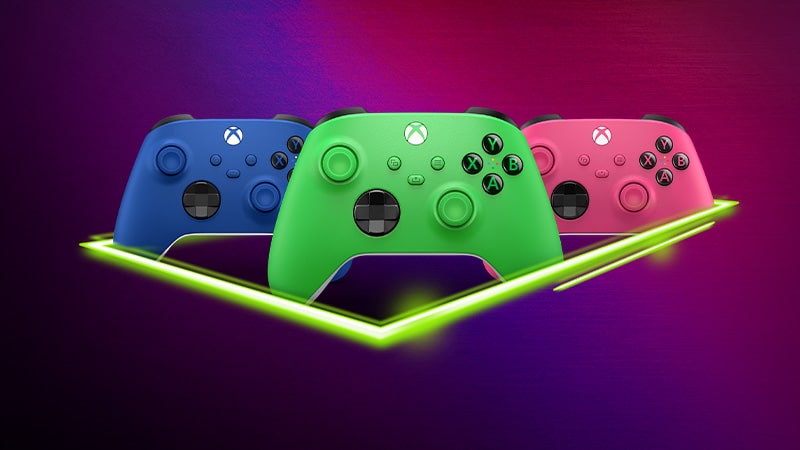Console tribalism has raged for almost as long as consoles themselves have existed. In the early 2000s, when Microsoft and Sony began directly competing for the attention of video game fans with various exclusive games, a divide began to form in gaming communities, with some choosing Xbox, some choosing PlayStation, and others sitting squarely in the middle. Now, in a bid to appease US Federal Trade Commission investigators, who are currently pulling apart Microsoft’s planned acquisition of Activision Blizzard, Microsoft has admitted defeat in the long-running ‘console wars’.
In a bid to illuminate Microsoft’s position in the gaming market, and why gaining the titles of Activision Blizzard won’t provide it with an unfair advantage, Microsoft has claimed third place in this imaginary war, telling the FTC its low player base and console sales justify its planned acquisition.
Xbox ranks in third place
Read: Upcoming Indiana Jones game will be Xbox and PC exclusive
‘Xbox has lost the console wars, and its rivals are positioned to continue to dominate,’ Microsoft said in its court filing, per The Verge. ‘Xbox has consistently ranked third in consoles behind PlayStation and
‘In 2001, Microsoft entered the gaming industry with the launch of its first Xbox video game console, in competition with the established incumbents Sony and
Per Microsoft’s analysis, Sony is the ‘dominant player’ in this war, and has led its consoles through five strong generations. On the opposite hand, Xbox had just 16% of consoles sales in 2021, well behind
Microsoft has previously refused to state these figures, as they reflect poorly on the company and its foray into the gaming market. Throughout multiple console generations, it has seemingly failed to match Sony’s popularity, despite Xbox and PlayStation consoles largely being marketed and positioned as equals.
These rare details are being brought up in the context of the FTC investigation, as a means to prove the acquisition of Activision Blizzard would not provide any large competitive advantage for Microsoft – but would instead allow a more equal footing in the market. It’s a compelling slice of evidence in the ongoing investigation, but whether it sways the FTC and its allegations that Microsoft will utilise console exclusivity to gain advantage over its rivals, remains to be seen.





